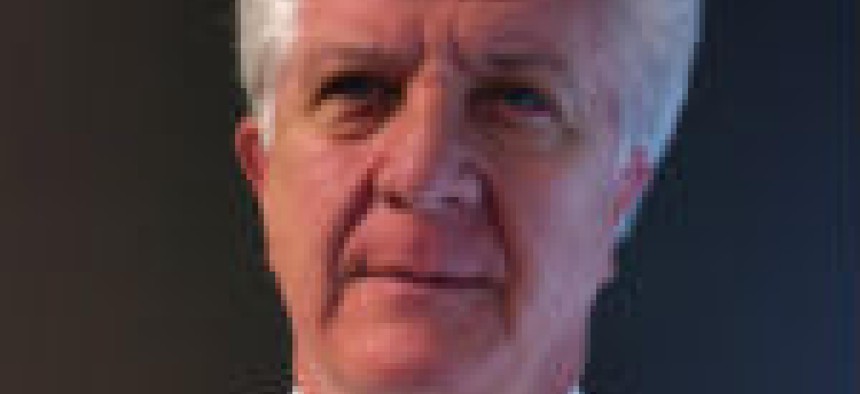Good leaders don't forget about community

Companies succeed, fail or muddle along as a team of people, not as a resource pool waiting for wisdom from the top. How do you lead your organization?
Since the 1980s we have heard much about ‘leadership’; its impact on organizations and being a valued and rare quality. Countless numbers of books, articles, research projects, seminars and papers have been devoted to this subject. A Google search of the term leadership will yield 147 million hits. Must be important!
A lesser known area related to leadership is followership, which is simply defined as the willingness of people to follow a leader. A Google search will yield 767,000 hits, which suggests that not too many people get excited about the notion of followership.
There is another even lesser known area related to leadership, which is communityship. A Google search will yield 4,860 hits for the term communityship.
Communityship is a term coined by Henry Mintzberg, a professor, McGill University in Quebec, in his work during the mid-2000s. Communityship views organizations as communities, social communities that require respect, trust, integrity and more from management to be successful.
Unfortunately, according to Mintzberg, leadership has somehow become separate from or superior to management. This view creates an artificial distinction that companies cannot afford.
Companies succeed, fail or muddle along as a team of people, a social entity, not as a resource pool waiting for wisdom from high, i.e. the ‘leader’.
Leaders must be engaged, authentic, trustworthy and respectful of people on their team, as part of the work community, and not as a separate part in their role as leader. They must convey the credibility of their position through their actions and words. Leaders must work as part of and not over the community at work.
Employees will engage and give the extra measure when they sense sincerity on the part of higher management. Simply put, they perceive that “we are in this together.” Yes, vision and guidance are needed; decisions have to be made.
The balance between guiding, being part of the work community, versus overseeing, from afar, is especially challenging in today’s era of management by spreadsheet.
It is easy to defer to spreadsheet math to drive decision making. Employees know this and can sense when management is part of their community or conveying decisions driven by a spreadsheet. Leadership is not an individual; it is a collective. Today’s leaders must act from being within the organization not above it.
NEXT STORY: Build BD capacity by leveraging program managers